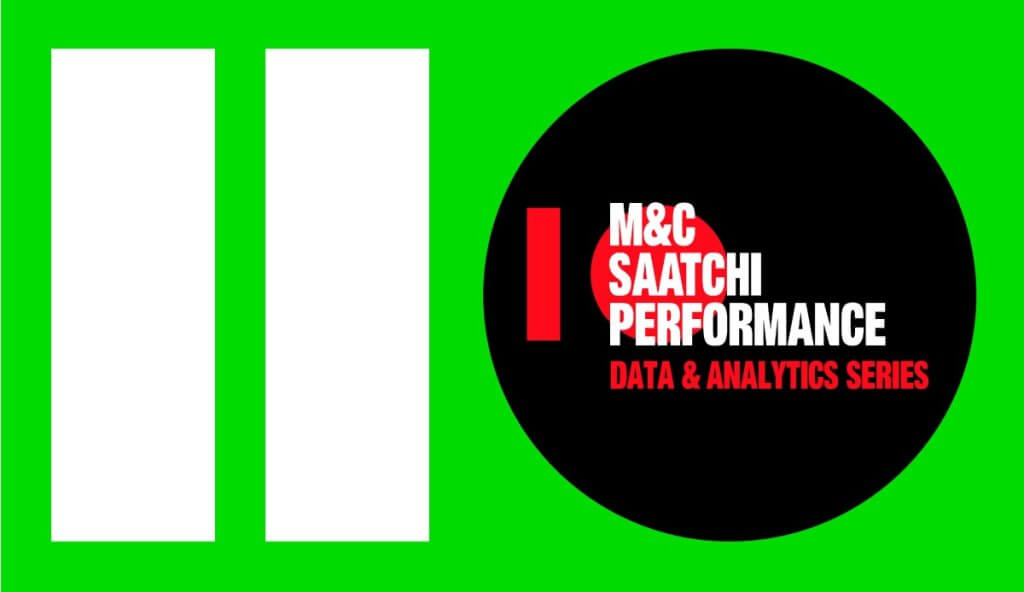AI MAX Myth Buster: What It Is, What It Isn’t, and How It Compares to DSA

With the unveiling of AI MAX at GML 2025, many advertisers are wondering: Do search campaigns no longer need keywords? Is AI MAX replacing Dynamic Search Ads (DSA)?
This article aims to demystify AI MAX by breaking down what it really is, how it differs from DSA, and when you should consider enabling it.
What Is AI MAX (And What It Isn’t)
Let’s start with a key clarification: AI MAX is not a standalone campaign type. It’s an optional enhancement to your existing Search campaigns, designed to help advertisers reach more relevant queries using AI-powered matching and ad asset generation.
AI MAX is essentially a next-gen evolution of DSA, leveraging Google’s Gemini models to better understand search intent and webpage content. However, unlike DSA, it comes with deeper customization controls and is more seamlessly integrated into your Search setup.
In fact, AI MAX is expected to provide the highest uplift when you’re not already running Performance Max (PMax) campaigns or using Broad Match keywords, as these setups may already capture a similar range of queries.
DSA vs AI MAX: Comparison Table
| Feature | DSA (Dynamic Search Ads) | AI MAX (2025 Update) |
| Campaign Type | Standalone or added to existing Search campaigns | Add-on enhancement within existing Search campaigns |
| Keyword Usage | Keywordless | Keywordless (same as DSA) |
| Targeting Mechanism | Based on website content, feed, or page categories | Uses same mechanisms but with deeper understanding via Gemini models |
| Ad Headlines & Descriptions | Auto-generated headlines; manual description | Both headlines and descriptions can be AI-generated (optional) |
| Asset Controls | Limited control over auto-generated headlines | Greater customization: remove any assets you no longer want to show |
| Search Query Matching | Based on page content and match to query | Enhanced with large language models (LLMs) for deeper query intent |
| URL Expansion | Not enabled by default — must select “All Webpages” or use Page Feeds | Enabled by default — must opt out to limit, with controls via rules and exclusions |
Key Differences and Customization Features
Let’s dive deeper into what truly sets AI MAX apart from its predecessor, DSA.
1. Text Customization (previously known as Automatically Created Assets)
With DSA, you only had the option for automatically generated headlines. AI MAX improves on this by allowing:
- AI-generated descriptions in addition to headlines
- Manual overrides for any asset you want to control
The ability to opt out and remove specific assets provides much more creative control, making it suitable for brands with strict messaging guidelines.
2. Advanced URL Expansion Controls
While DSA requires advertisers to explicitly select which URLs to target – whether via “All Webpages,” specific categories, or page feeds – AI MAX enables Final URL expansion by default, but provide advertisers with control through:
- URL exclusions to prevent traffic to certain site sections
- URL inclusion rules to narrow eligible pages
- Or fully disable Final URL expansion if fixed landing page control is preferred
This allows AI MAX to scale intelligently, but only as far as you allow it.
3. Smarter Matching Using LLMs
DSA relies on crawling and matching based on page content. AI MAX uses LLMs (like Gemini) to understand the context and intent behind a user’s query:
- Improved matching for long-tail, vague, or non-obvious searches by identifying intent
- Ability to pick up on trends and semantic connections automatically and create headlines to match the intent.
This makes AI MAX more intelligent in how it expands query coverage but it also means you need to monitor search terms and asset reports more closely.
Should You Use AI MAX?
AI MAX is most useful when:
- You’re running Search campaigns with phrase or exact match keywords and leveraging smart bidding
- You have not enabled Performance Max, which already captures similar intent
- Your website content is comprehensive, clean, and optimized for search
That said, even if you’re already leveraging Broad Match or running PMax, AI MAX is still worth testing. Why?
- It operates within standard Search campaigns, giving you more transparency and control over queries, assets, and landing pages.
- You can opt in or out of features like Final URL expansion and text customization, making it a flexible addition rather than a full automation shift.
- It may surface incremental query opportunities or drive efficiencies that complement your existing setup.
Final Thoughts
AI MAX is not a silver bullet, but it’s a smart evolution of DSA (we predict that DSA will be phased out in due course). It gives you deeper reach, better query understanding, and greater creative flexibility, but only when used strategically.
It doesn’t replace the fundamentals of keyword targeting. Instead, it complements them for advertisers looking to go beyond traditional keyword boundaries without handing the reins completely over to full automation.
Before opting in, evaluate your current campaign setup and decide if AI MAX adds meaningful coverage or simply overlaps with existing strategies.

